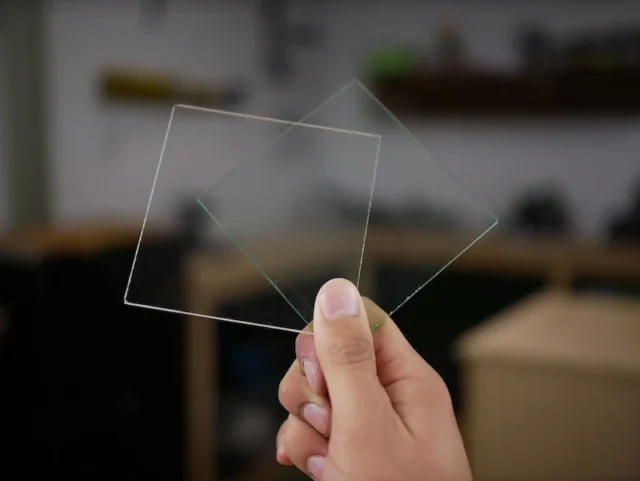Acrylic sheets are a close substitute for mineral glass. Both acrylic and glass have their own set of advantages, which makes it difficult to choose between one or the other. Acrylic is the most well-known name for Polymethyl Methacrylate, or PMMA, which cut by specialists like Simply Plastics worldwide.
Acrylic sheets are simply branded as Perspex, despite the name being commonly used to designate acrylic. Acrylic is a better option for many applications because of its flexibility and low cost.
Acrylic’s lightweight is one of the reasons why it’s so popular as an alternative to glass in several applications, such as glazing and roofing. Acrylic is far lighter than glass, which weighs twice as much. Because acrylic is such lightweight, it’s great for DIY projects since it’s easier to handle and move about.
Acrylic is superior to glass in terms of insulation. In terms of temperature flux reduction, acrylic is 20% more efficient than glass, which means that cold or warm air from the outside penetrates less easily than it does through ordinary glass. This helps to control temperatures and lower heating costs.
Acrylic is more durable than glass. As a result, it is up to 20 times more resistant to impact. In the case of sheet glass, it also functions as an insulator because heat flowing through it is slowed or stopped by this quality.
It’s also called laminated safety glass and has a lot of advantages over standard window glass in that regard. One advantage is that it’s incredibly strong, making it ideal for use in applications where safety and security are.
Acrylic is more resilient to pressure and is more flexible when worked on in big sheets, making it a far safer material to work with.
Acrylic has a light transmission rate of 92% compared to optical glass’ 90%, with the same clarity. Acrylic offers somewhat more light transmittance than does glass, at 92% compared to glass’s 90%. When a pane of glass glazing gets to a certain thickness, it begins to block light and provide less transparency. Acrylic does not have this characteristic when thicker sheets are utilized.
Acrylic, on the other hand, is more durable and robust than glass in most situations because it is stronger than glass. Even when purchased in thicker panes, glass is extremely fragile and prone to shattering. Acrylic is a durable material, with an estimated lifespan of up to 20 years when exposed to all types of weather and environments.
This makes it ideal for glazing or outdoor work where acrylic sheets are used. It’s also resistant to the elements, with an expected lifetime of upon exposure to all kinds of weather and terrains – this is something that makes it suitable for use as glazing or outdoor work.
Cost
Acrylic is often a more cost-effective alternative to glass because it is lighter and less expensive to transport. When you compare acrylic’s advantages over glass with its affordability, ease of installation, and resistance to breakage, it’s easy to see why so many people are choosing plastics instead of glass.




